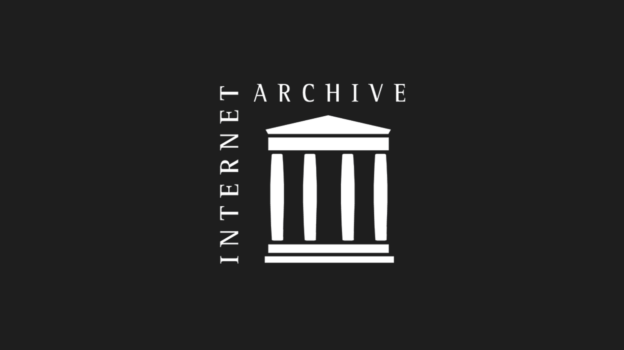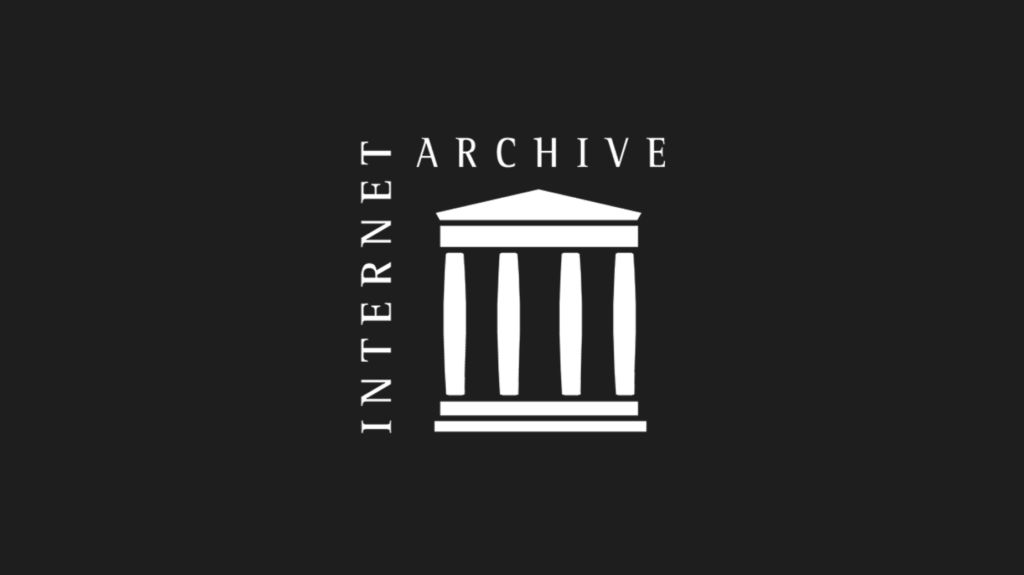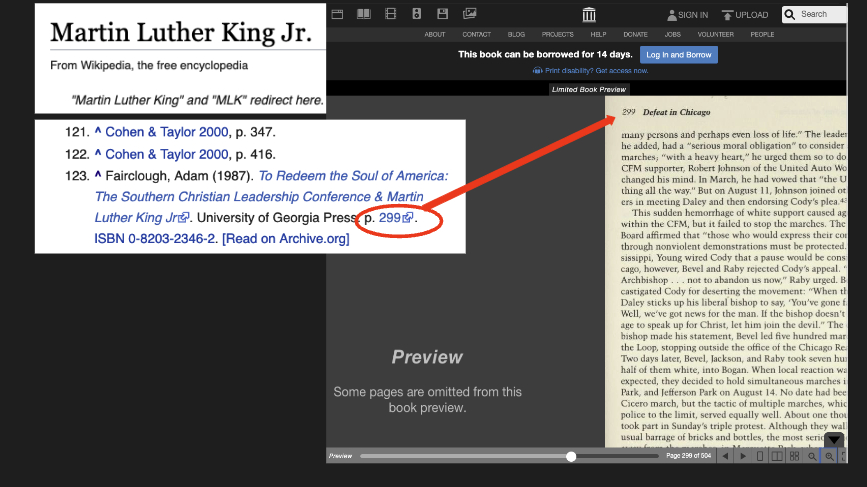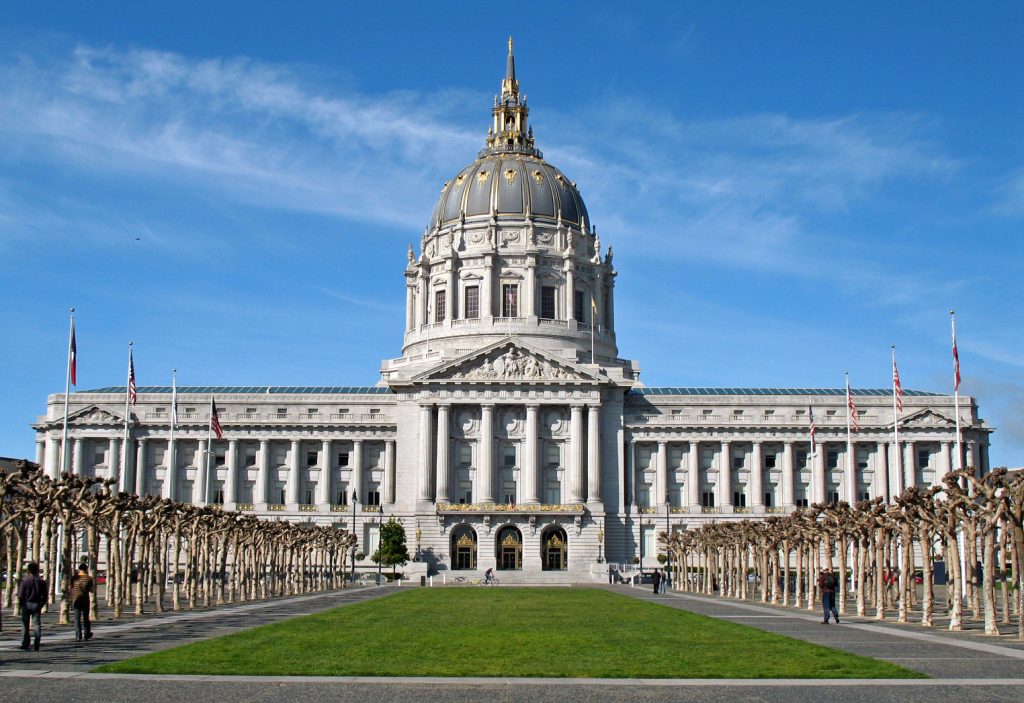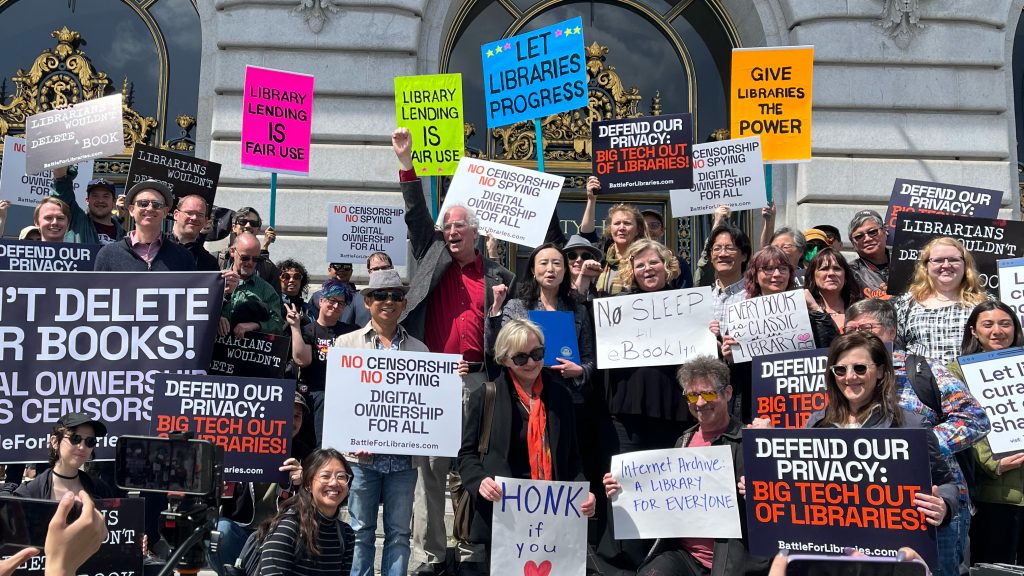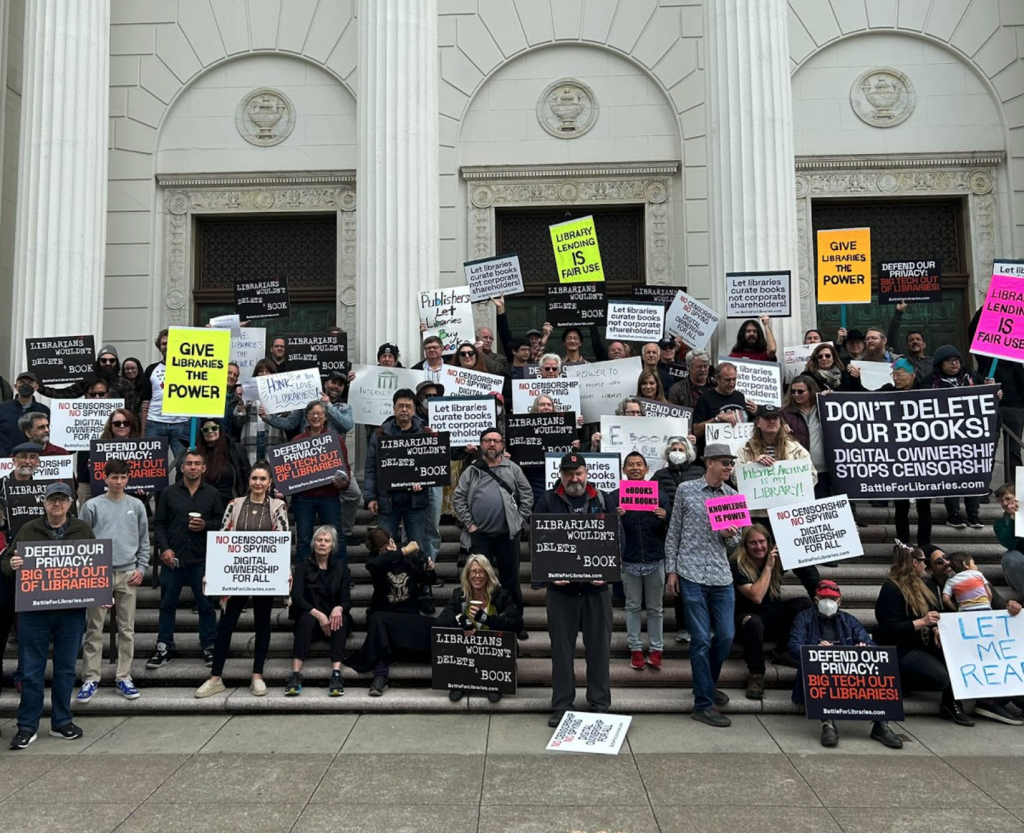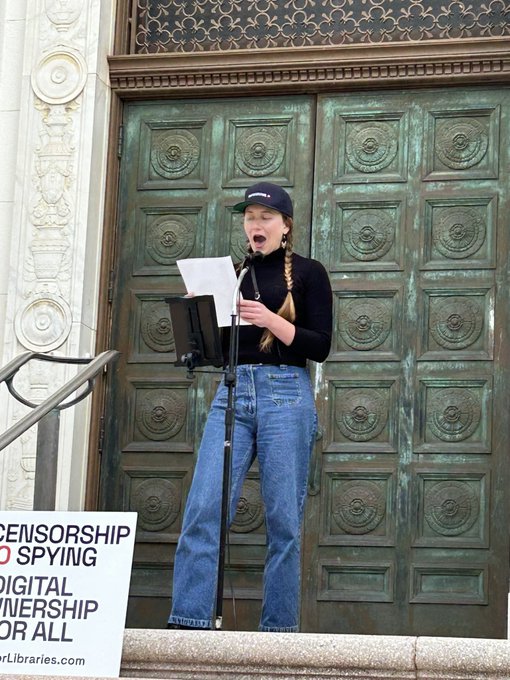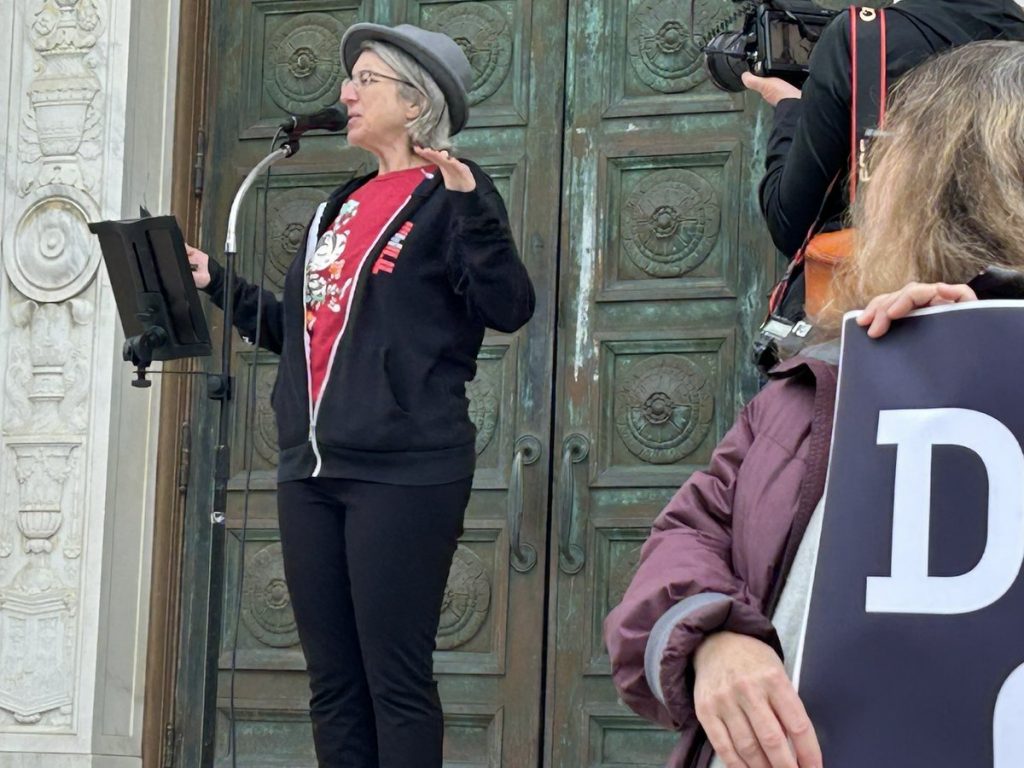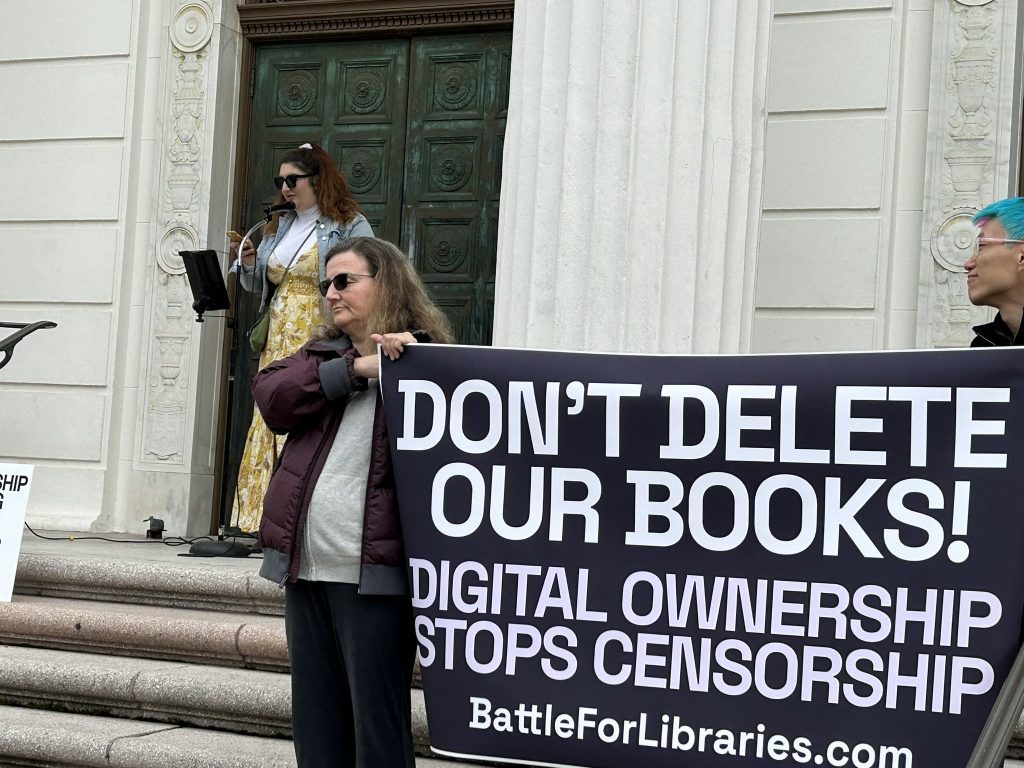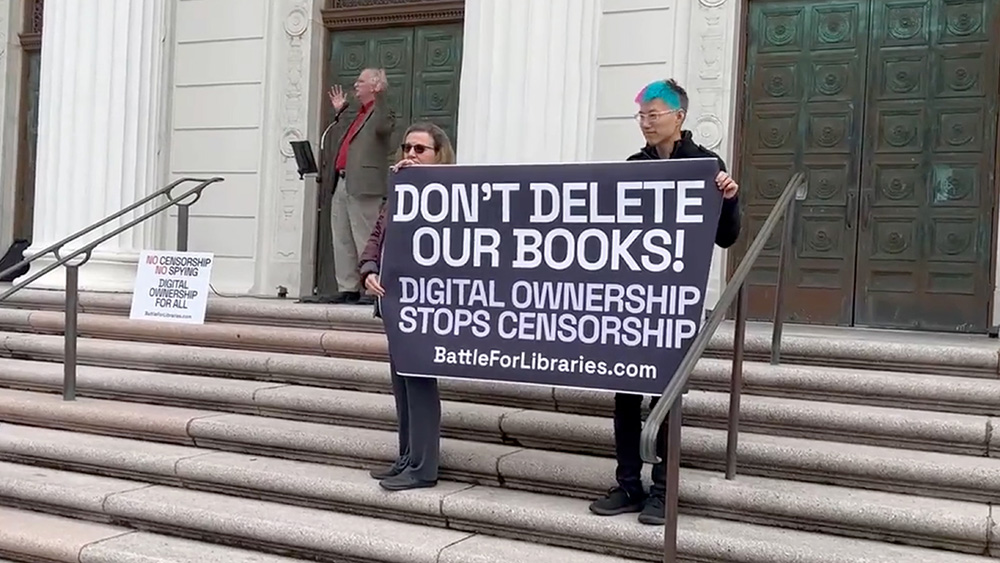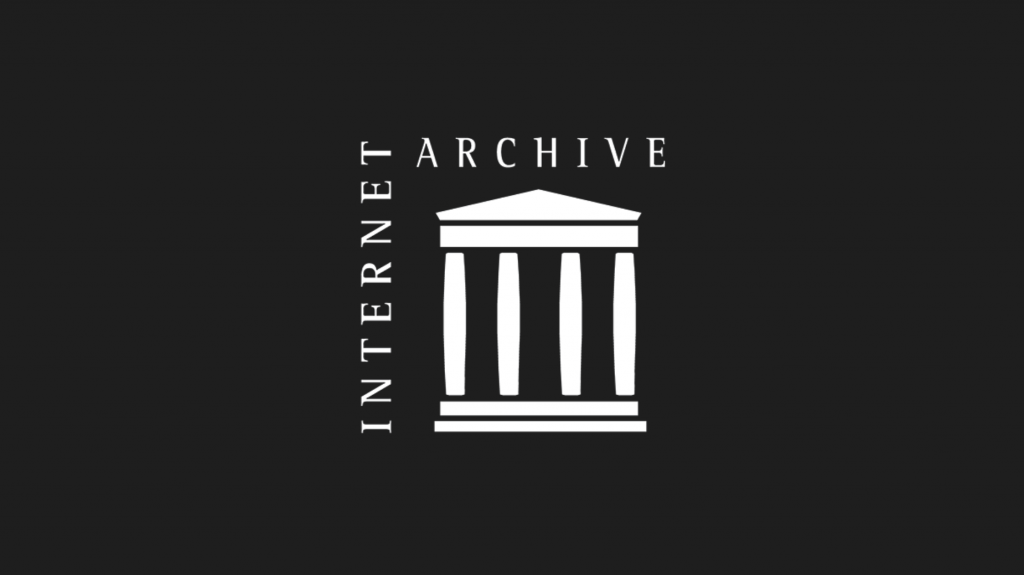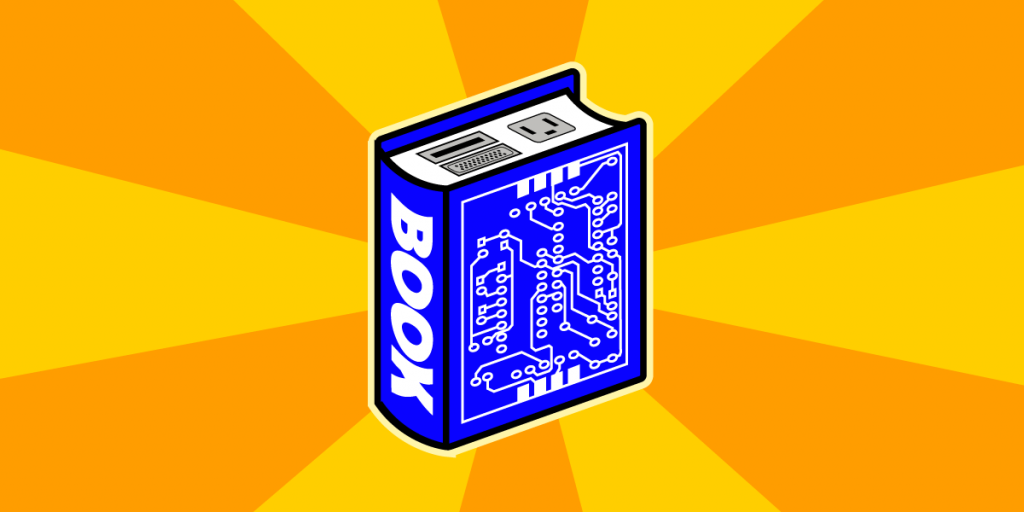When Zeau Modig began as the graduate school librarian at the International Institute for Restorative Practices (IIRP) nearly a decade ago, many of the students lived nearby. They came to the Bethlehem, Pennsylvania, campus to check out some of the library’s 1,500 print books and make photocopies.
Today, the majority of students live elsewhere in a dozen different countries from Brazil to Hungary—and instruction has moved online. This is driving up demand for e-books. Modig has found resources on the Internet Archive to fill the gap between what her physical library can provide and the needs of her community.
“The Internet Archive has been amazing for us to be able to get material into our students’ hands, and making it accessible, especially for the people overseas studying in less developed countries,” Modig said. “If you’re not in the United States it’s not as easy to get books because of shipping—it could take weeks to get there. The Internet Archive has really been a tremendous help to our students.”
The graduate program attracts students who are often mid-career, working in education, criminal justice, business or any field looking for strategies and scholarship to address conflicts, repair harm, and restore community among individuals and groups. To understand the foundational ideas behind restorative practices, the classes sometimes assign readings of theoretical models that are hard to find. Modig said students often turn to the Internet Archive to find obscure books or journals that have otherwise vanished.
Modig said she values the Archive’s collaboration with Wikipedia to turn reference links in Wikipedia articles blue, connecting citations to the original source content in Archive’s digital collections. This effort gives scholars single-click access to verify information for their research.
“It’s made my life as a librarian so much easier,” Modig said of the Archive. “The faculty, too, most of whom work remotely, really appreciate having books at their fingertips.”
Outside her job, Modig said she uses the Archive for genealogy research, leisure reading and entertainment. She recently discovered a commemorative family reunion volume from 1883 on her French Huguenot relatives that gave her insight into her family history. Inspired by the Netflix series, “The Queen’s Gambit,” Modig checked out the original novel on which the show was based.
“Internet Archive has become an essential information lifeline for my graduate institution’s students and faculty, and also for me personally.”
Zeau Modig, librarian, International Institute for Restorative Practices
Unfortunately, as a result of the publishers’ lawsuit against the Internet Archive’s lending library, “The Queen’s Gambit” is no longer available for borrowing.
When Modig learned that the book can no longer be checked out to one reader at a time, she paused. “I’m glad I had the opportunity to enjoy this book while I could,” she said. “I hope that the publishers involved in the lawsuit against the Internet Archive will come to realize the advantages that controlled digital lending holds for them as well as for readers, and allow the Internet Archive to restore access to their content.”
“Overall, the Internet Archive has become an essential information lifeline for my graduate institution’s students and faculty, and also for me personally,” Modig said. “It would be deeply disappointing for us if this rich trove of content is no longer available through the Internet Archive.”

